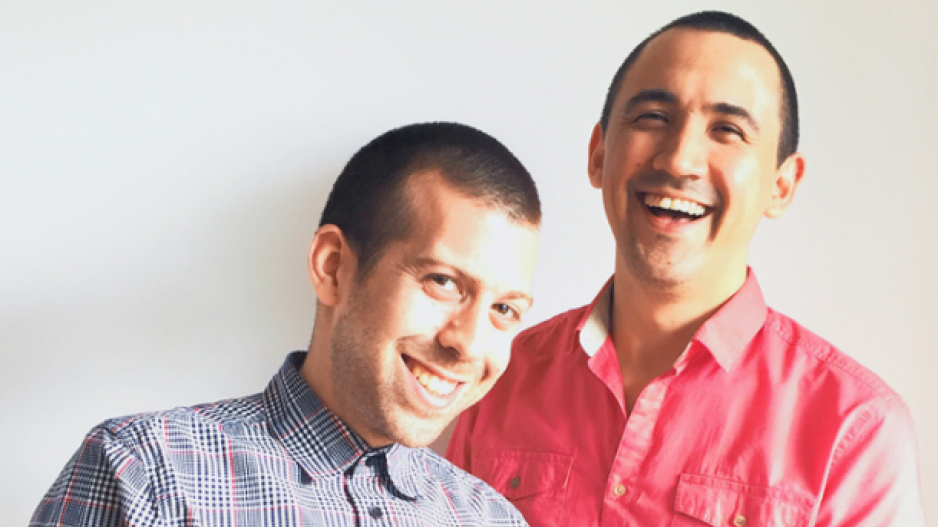Adrian Harris admits he may have been a touch “overzealous” when he approached the partners at W/M Influencer Agency to represent him and business partner Jeremy Inglett last summer.
“We had been really focusing a lot on our Instagram presence at the time, and we had seen a lot of great results,” Harris said. “We were nowhere near what we are now.”
Harris and Inglett, who have 40,000 Instagram followers, aren’t pop idols, movie stars or famous standup comedians. Rather, the Vancouver-based “digital influencers” known as the Food Gays (@FoodGays) are bloggers who snap pictures of cuisine and share recipes over social media.
And W/M was eager to sign them to their roster and handle contract negotiations with brands looking to pay these digital influencers to feature products on social media feeds.
“These influencers in no way are taking away from traditional media outlets and news,” W/M co-founder Hilary Chan-Kent told Business in Vancouver. “What they are, are great platforms for advertising because they have a niche market and a very loyal, engaged following.”
One client just wrapped filming on a L’Oréal hair colour commercial, while the Food Gays have been paid to promote kitchen products on their Instagram feed.
In both cases W/M handled all the negotiations and provided the clients with social media analytics to measure the return on investment (ROI) – or the “nitty-gritty,” as Harris called it.
The growing sphere of digital influencers was also enough to catch the eye of Vancouver’s The Feldman Agency (TFA), an entertainment management group representing the likes of Carly Rae Jepsen, Elvis Costello and Raffi.
In late March, TFA partnered with W/M to form INF Influencer Agency as a new division under TFA.
“The whole notion of advancing careers without going through the usual channels is of interest,” said TFA chairman Sam Feldman.
While TFA itself represents 125 artists and manages another 35, Feldman said he’s not capping the number of digital influencers that INF will eventually put on its roster. So far INF has signed 13 digital influencers to its talent pool.
Feldman said artists will be signed partly based on instinct, while markers such as the number of followers and likes they carry on social media will also be factors.
But Clayton Mitchell, a digital scientist at Vancouver-based digital agency Powershifter, said it’s extremely difficult for brands to calculate ROI when partnering with digital influencers.
“There is a market because there are a lot of brands that don’t understand the digital influencer model,” Mitchell said. “It’s a crapshoot, and part of the problem comes down to being able to measure directly from that influencer’s message.”
Mitchell said someone might have one million followers on Twitter but that doesn’t mean all – or any – of those followers would be willing to part with money for what the influencer is promoting.
Furthermore, he said, some brands could be misled by digital influencers who inflate their online profiles with fake social media followers purchased through a third party.
“It’s a very tricky world,” he said.
For Harris and Inglett, signing with the agency last summer helped them to quit their retail jobs and pursue social media full time beginning in January.
“We can just focus on the content,” Harris said, “which is really at heart what we want to be doing.”
@reporton



